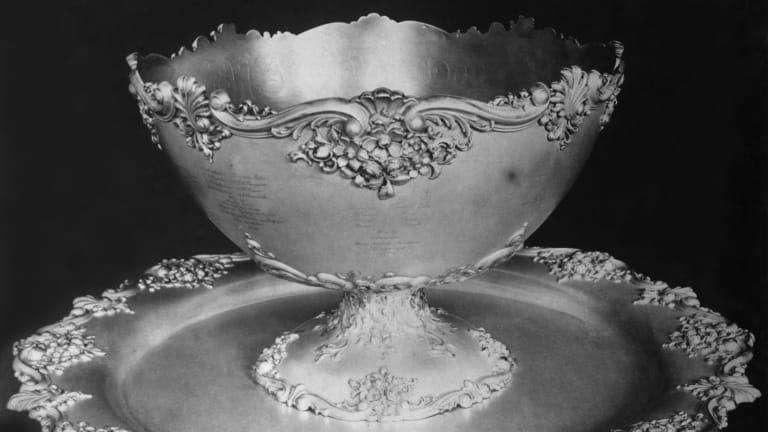FBF, 1964: LBJ hosts U.S. Davis Cup champion team at the White House
By Jan 15, 2021The Business of Tennis
Garbiñe Muguruza returns to Madrid as co-tournament director
By Dec 13, 2025Social
Alexandra Eala carries flag for Philippines at 2025 SEA Games
By Dec 12, 20252025 Year In Review
Victoria Mboko and Janice Tjen among players honored by ITF for 2025 breakthroughs
By Dec 12, 20252025 Year In Review
WTA Match of the Year, No. 1: Amanda Anisimova comes of age in Aryna Sabalenka Wimbledon stunner
By Dec 12, 20252025 Year In Review
WTA Match of the Year, No. 2: Victoria Mboko escaped Elena Rybakina, and drove her home fans berserk, in Montreal Cinderella run
By Dec 12, 2025Player News
Retired Rafael Nadal jokingly "withdraws" from 2026 Australian Open after right hand surgery
By Dec 12, 20252025 Year In Review
WTA Player of the Year, No. 1: Aryna Sabalenka
By Dec 12, 20252025 Year In Review
WTA Player of the Year, No. 2: Amanda Anisimova
By Dec 12, 2025Australian Open
Roger Federer to headline “Battle of the World No.1s” at Australian Open’s inaugural Opening Ceremony
By Dec 11, 2025FBF, 1964: LBJ hosts U.S. Davis Cup champion team at the White House
Less than three weeks after the triumph, Dennis Ralston, Chuck McKinley, Marty Riessen, team captain Bob Kelleher and USLTA president Ed Turville met with President Lyndon Johnson.
Published Jan 15, 2021
Advertising

FBF, 1964: LBJ hosts U.S. Davis Cup champion team at the White House
© AFP via Getty Images
Advertising

FBF, 1964: LBJ hosts U.S. Davis Cup champion team at the White House